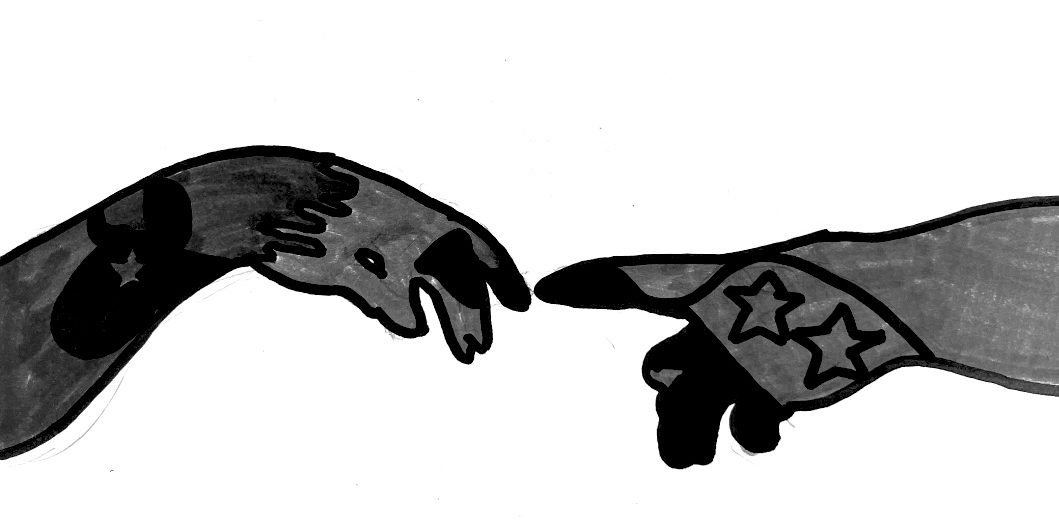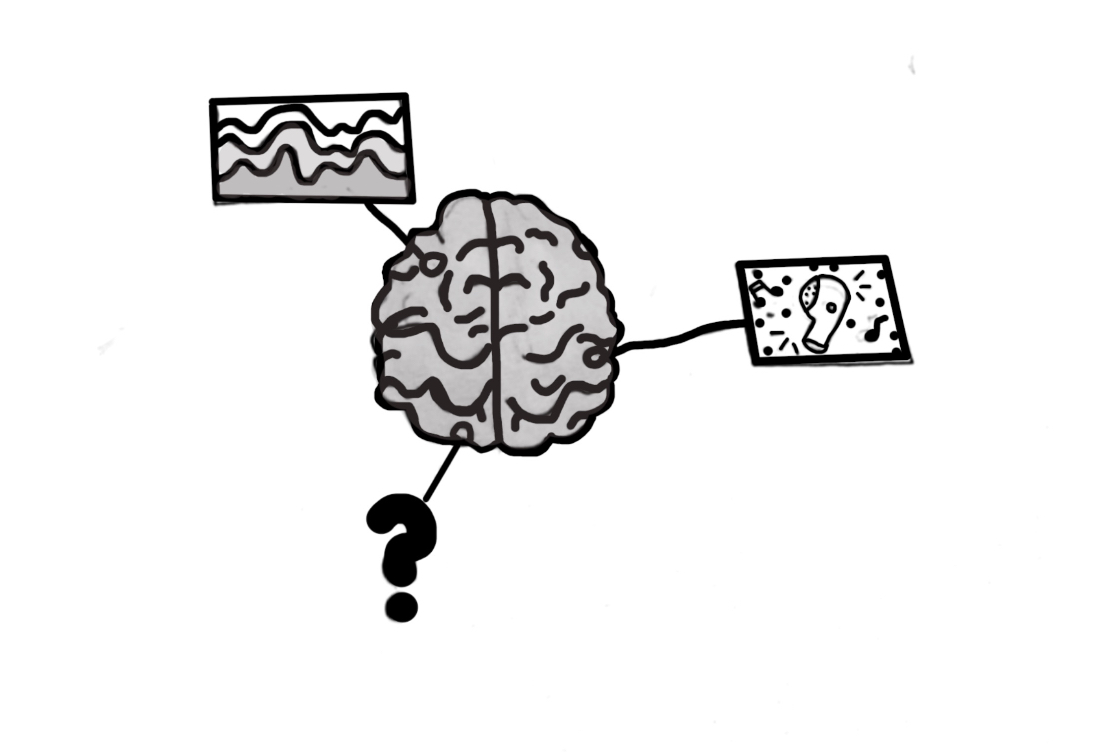There are many prevalent issues in our world today, including climate change, war, inequality and countless others. Around a month ago, the city of Los Angeles battled fires that destroyed the homes of thousands, of both celebrities and the general public. Yet despite this, many people choose to stay at home and “make a change” by simply reposting something on their Instagram stories. Social media has changed activism for the worse. Because of the distance social media creates, there is a lack of real dedication to important issues and a decreased ability to empathize with others. Many people’s “eat the rich”-esque reaction to celebrities who have lost their homes in the recent Los Angeles fires has revealed how desensitized to tragedy and disconnected from humanity we’ve become.
As more aspects of life shift to an online form, there are fewer opportunities to interact and develop meaningful connections with others. This shift has decreased face-to-face interactions, overall reducing the empathy we have for others.
“Too much screen time and not enough face-to-face communication gives us fewer chances to practice empathy. As a result, people get worse at ‘reading’ each other’s emotional expressions. When we can’t read each other, to begin with, we erode our ability to connect, and our overall health and well-being,” Emiliana R. Simon-Thomas, Science Director at the University of California Berkeley’s Greater Good Science Center said.
To many of us, it seems celebrities are in another world, making it even more difficult to feel a connection in the first place, but this shouldn’t mean that their feelings are invalid. Celebrities, such as Mandy Moore, were among the many who also lost their homes, yet were attacked online for expressing their grief or asking for support for other non-immediate family members.
“Honestly, I’m in shock and feeling numb for all so many have lost, including my family. My children’s school is gone. Our favorite restaurants: leveled. So many friends and loved ones have lost everything too,” Moore said.

However, the same people bashing others like Moore still participated in the new trend of performative activism, reposting stories and posts that depicted the destruction the fires caused all while undermining others’ feelings.
“Many observers have noted that communication has become coarser in the social media era and that some platforms, such as Twitter, encourage a kind of snarkiness and combativeness that’s at odds with the way most strangers interact in-person and offline,” Katie Day Good said, Associate Professor of Media, Journalism and Film at Miami University.
Social media often provides the illusion and confidence of having a positive impact on the world through their social media activism, despite users contradicting online actions. According to a Pew Research survey from 2023, 76 percent of people believe that social media “makes [others] think they’re making a difference when they really aren’t.” As activism continues to move to social media, minor gestures as a form of activism have become normalized and celebrated. Pew Research found that 46 percent of social media users say they have encouraged others to take action on social media, changed their profile picture to support a cause or used hashtags related to a political or social issue in the past year.
While social media has the power to bring awareness to important issues and allows people to find others with similar beliefs or opinions, it actually tends to cause more harm than good. Especially today, it is crucial to prioritize making a real difference through direct involvement and engagement instead of simply clicking a repost button.
As Boston Medical Center defined it, “a person who is taking part in performative activism would rather let it be known that they are not racist (sexist, homophobic, etc.) rather than actually seeking to change the structures within our country.” Real activism is needed to create real change.







